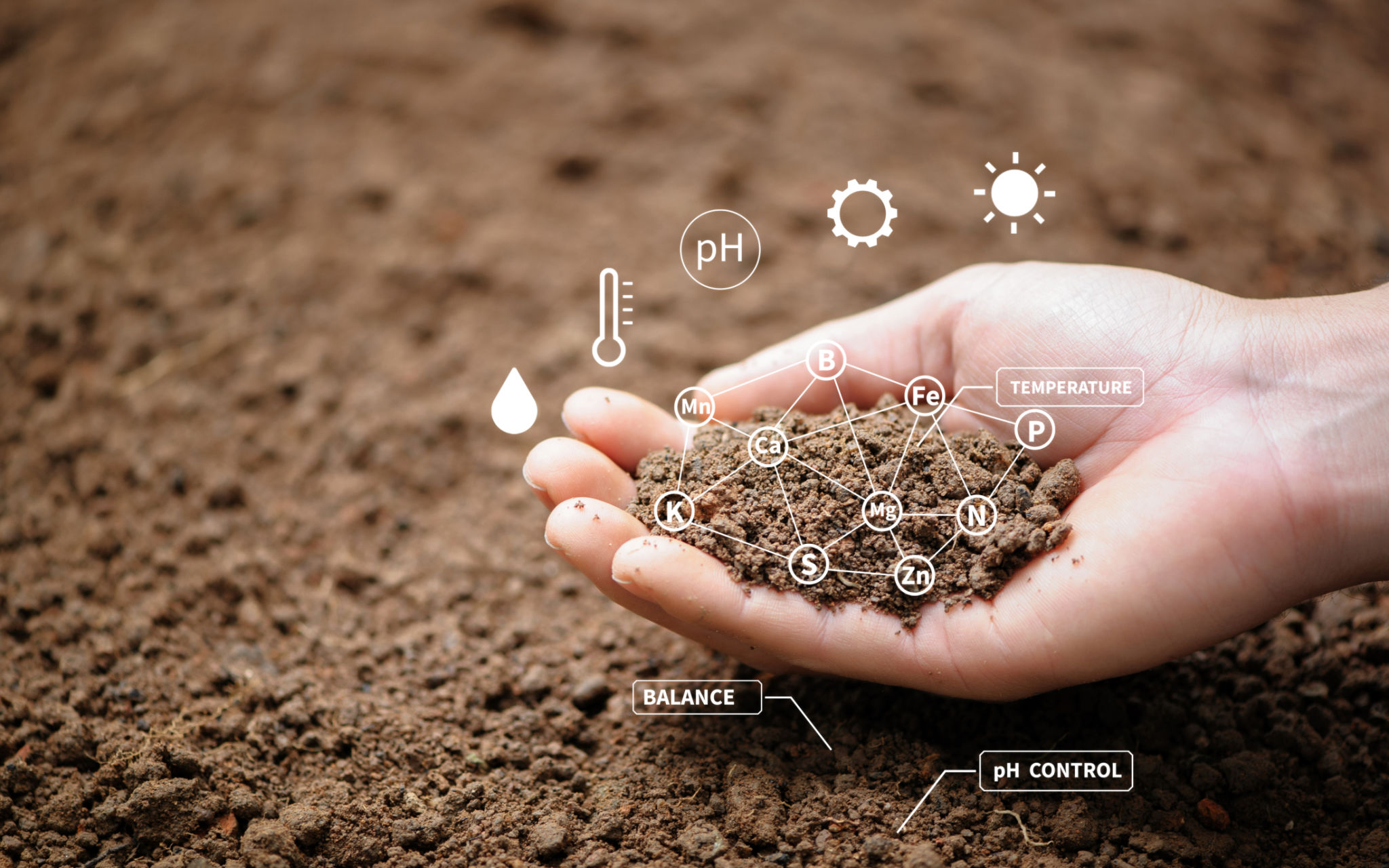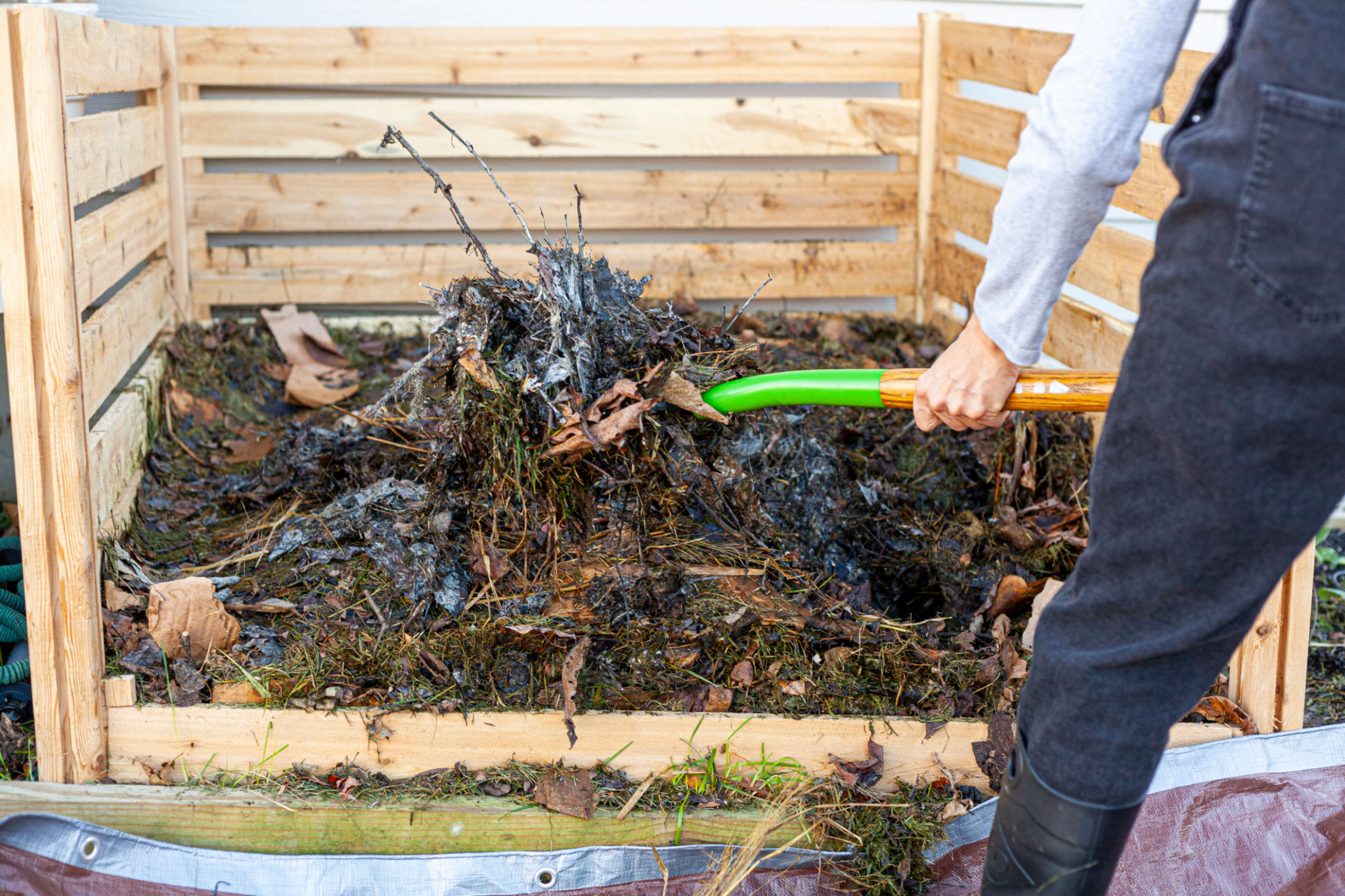Preparing Your Garden for Summer: Tips for Clean and Healthy Soil
As summer approaches, it's time to start thinking about preparing your garden for the warmer months. One of the most important aspects of garden preparation is ensuring your soil is clean and healthy. Healthy soil provides the foundation for a thriving garden, offering essential nutrients to support plant growth.

Understanding Your Soil
Before you begin any preparation, it's crucial to understand the current state of your soil. Conducting a soil test can provide insights into its pH levels and nutrient content. This information will help you determine what amendments are necessary to optimize soil health. You can purchase a home testing kit or send a sample to a local extension office for detailed analysis.
Interpreting Soil Test Results
Once you have your soil test results, identify any deficiencies in key nutrients like nitrogen, phosphorus, or potassium. Understanding these needs will guide you in selecting the appropriate fertilizers or organic amendments. Additionally, consider whether the pH level is suitable for the plants you wish to grow, as some may require more acidic or alkaline conditions.
Clearing and Cleaning
Begin your garden preparation by clearing out any debris from the previous season. Remove old plant material, fallen leaves, and weeds to prevent diseases and pests from overwintering in your garden. This step is crucial for maintaining a clean environment that promotes healthy plant growth.

Weed Control
Weeds compete with your plants for nutrients, water, and light. To effectively control weeds, consider manual removal or applying an organic mulch layer. Mulching not only suppresses weed growth but also helps retain soil moisture and regulate temperature.
Enhancing Soil Fertility
To enrich your soil, incorporate organic matter such as compost or well-rotted manure. These materials improve soil structure, enhance nutrient content, and support beneficial microbial activity. Aim to mix these amendments into the top 6-8 inches of soil for optimal results.

Choosing the Right Fertilizer
Selecting the right fertilizer depends on your soil test results and the specific needs of your plants. Organic fertilizers are generally preferred for their long-term benefits and environmental friendliness. Consider using a balanced fertilizer that provides essential nutrients in a slow-release form.
Maintaining Soil Health
Throughout summer, continue to monitor and maintain your soil's health. Regularly check for signs of nutrient deficiency or pest issues, and address them promptly. Implementing crop rotation and cover cropping can also help sustain soil fertility and reduce disease risk in the long term.
By taking these steps to prepare your garden soil for summer, you'll set the stage for a bountiful and vibrant growing season. With clean and healthy soil as your foundation, your plants will thrive and reward you with beautiful blooms and delicious produce.